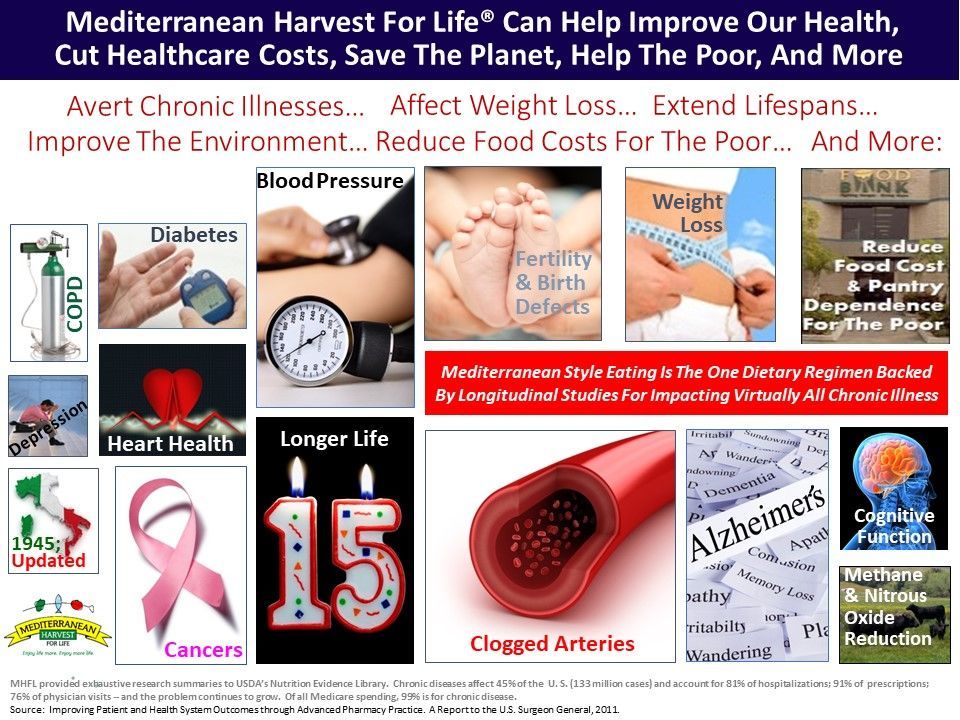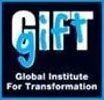To deliver on GIFT's mission of advancing financially self-sustaining innovations in what some call Corporal Works of Mercy -- sustainably addressing the unmet physical and material needs facing our brothers and sisters in need, domestically and globally, including in a climate-smart and water-smart manner -- GIFT works with our affiliate organization, Lifestyle Management International, Inc. (LMI). Conversely, LMI can bring the backing and breadth of the faith-based community to fulfilling on innovative solutions, just as is recommended by experts.
Lifestyle Management International, Inc.
LEADING INNOVATION TO HELP SOLVE GLOBAL NEEDS AND UN SDGS
GIFT leverages the innovation expertise and global sustainable development acumen of Lifestyle Management International, Inc. GIFT has embraced the strategy of enlisting research entities, computing organizations, smallholder farmer groups, multinational companies, government entities, NGOs and the Church's vast footprint in order to most efficaciously address poverty, hunger, wellbeing, climate impacts, water crises, infrastructure and other needs such as was first articulated by the late C. K. Prahalad: "The Fortune At The Bottom Of The Pyramid... Eradicating Poverty Through Profits."
The innovation world wins, because as UN SDG experts noted, faith based organizations provide access to an unsurpassed global network that can be leveraged to bring people transformative change and cross-cutting lifestyle impacts.
THE UN RECOGNIZES THAT FAITH-BASED ORGANIZATIONS ARE NEEDED TO FULFILL THE SDGS -- "17 GOALS TO TRANSFORM OUR WORLD" -- AND THE GLOBAL INSTITUTE FOR TRANSFORMATION CAN HELP WITH THIS.
"The United Nations (UN) has identified faith-based organizations (FBOs) as important partners in achieving the Sustainable Development Goals (SDGs). The UN Secretary General has said that FBOs play a role in his policy of developing multi-stakeholder partnerships, and the UN Environment Programme (UNEP) has launched initiatives to engage with FBOs.
The UN has identified FBOs as important because they are important to societies and have long provided social structure for development needs. Nearly every religious, indigenous, and spiritual tradition teaches a moral obligation to protect the planet.
Collaborations with and among faith-based organizations (FBOs), natural scientists, development organizations, and youth offer untapped potential for achieving the United Nations Sustainable Development Goals (SDGs). FBOs are important cultural partners for achieving the SDGs globally in numbers of adherents (80% of humanity) and resources, owning 8% of habitable land, half the world’s schools, and many health and community development services; they provide assets for formal and informal education, forming youth leaders, and social justice action.
faith based organizations un sdg - Google Search
THE VATICAN ALSO ADVOCATES THIS INVOLVEMENT IN INTEGRAL HUMAN DEVELOPMENT
The Vatican signed the UN SDGs and Pope Francis wrote the Encyclical, "Laudato Si," which calls for similar goals, summarized as caring for our people and our common home.
Best Laudato Si’ summary - Laudato Si' Movement (laudatosimovement.org)
Cross-cutting, cross sectoral solutions to multiple unmet needs AND un sdgs
LMI has been working with leading experts across regenerative agriculture; agribusiness software; cross-sectoral supercomputing enablement; Theory of Change; and Measurement, Evaluation and Learning to develop cross-cutting solutions to multiple unmet needs and to help fulfill the UN Sustainable Development Goals.
This strategy has been applied to the growing of Orange Flesh Sweet Potatoes and their Edible Leaves which can not only feed more people with a lower water footprint than any other combination of crops, providing tubers and greens; and the crop damage and processing waste can be captured as 2nd generation biofeedstock and can be converted to bioethanol and bioplastics.
Not only will this solution address as many as 11 UN Sustainable Development Goals, it will also finally give the many poor farmers we depend on for our food enough income to finally feed their own families.
TRANSFORMING LIVES BY MOVING FROM CHARITY TO ECONONIC DEVELOPMENT AND ENGAGING ALL SECTORS IN CREATING SELF-SUSTAINING SOLUTIONS
The late economist, C. K. Prahalad developed the key strategy for solving societal problems and helping our brothers and sisters globally get out of poverty and its associated impacts -- "The Fortune At The Bottom Of The Pyramid... Eradicating Poverty Through Profits." This strategy engages cross-sectoral leaders in developing solutions that will solve problems by empowering the poorest of the poor with self-sustaining solutions. This will enable moving from charity to sustainable development that will affect self-sustaining impacts.
MEDITERRANEAN HARVEST FOR LIFE
In support of our call to help those who are sick, LMI developed a new strategy for addressing those who suffer from chronic illnesses with its Mediterranean Harvest For Life (MHFL) dietary regimen. Importantly, MHFL can even help avert a large percentage of virtually all chronic illnesses. MHFL is a repository of published information and foods identified as having the functionality designed by God to help keep us healthy, MHFL has been used within the Parish environment as an alternative to donuts traditionally served after Masses; at the Newark Museum "Generation Fit" Exhibit; at the Newark YMCA; and at the Hartford Senior Wellness Center to educate people on the impacts of this particular dietary pattern and what causes all this impact and to point out. A WebMD physician once indicated that Mediterranean-style eating is a "Divine Mix," and that "God knows what sorts of interactions take place within the foods, and we further research to pinpoint them exactly." This proven dietary regimen can actually be considered the most efficacious healthcare strategy. One could spend tons of money to build hospitals, clinics, medical equipment or new pharmaceuticals, and it's likely that none of these strategies could have the overall impact, cost efficacy or climate impact of people simply making the right selections of foods that are already in our grocery stores and restaurants, to help avert or in some cases even reverse a range of chronic illnesses or poor health metrics. It's a strategy that could actually save consumers and governments hundreds of billions of dollars in healthcare expenses.
Importantly, Health & Human Services and the CDC have encouraged faith-based organizations and churches to engage in advocating healthier eating. and

WANT TO LEARN MORE ABOUT HOW LMI'S INNOVATION services CAN HELP YOUR ORGANIZATION MIGRATE FROM CHARITY TO sustainable DEVELOPMENT!
We want to know your ideas and needs so that we can develop the most efficacious solution. Contact us to discuss how we might help, and we’ll do our best to create a high-impact strategy that addresses your concerns.
